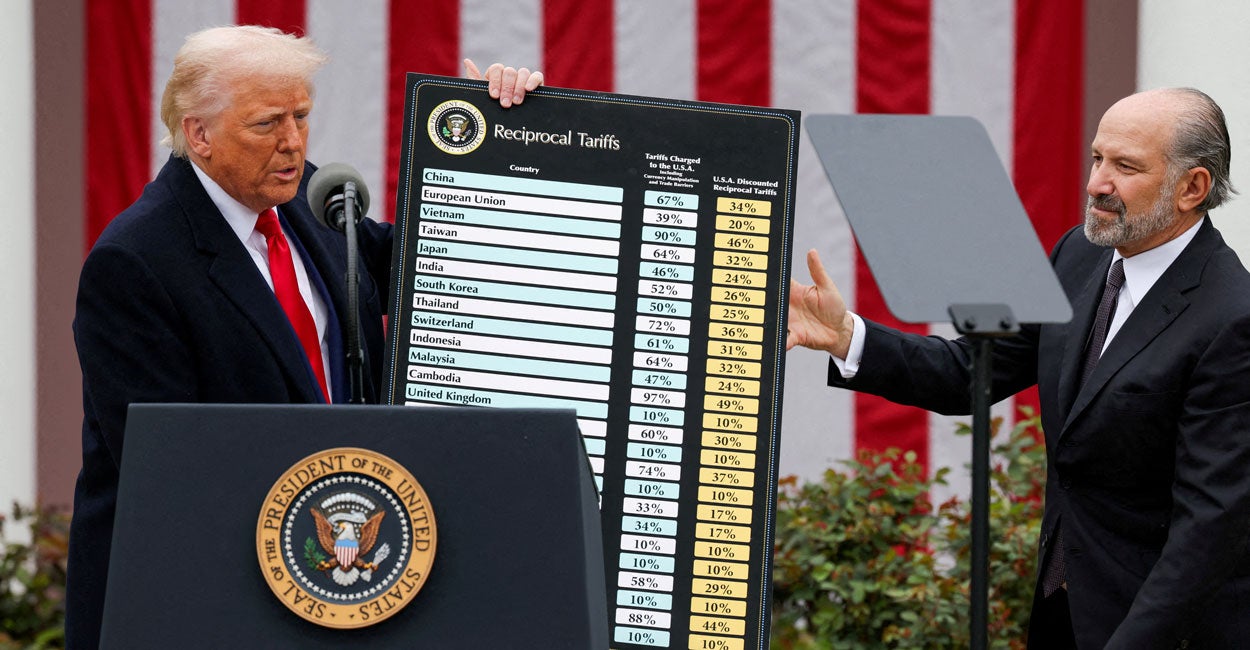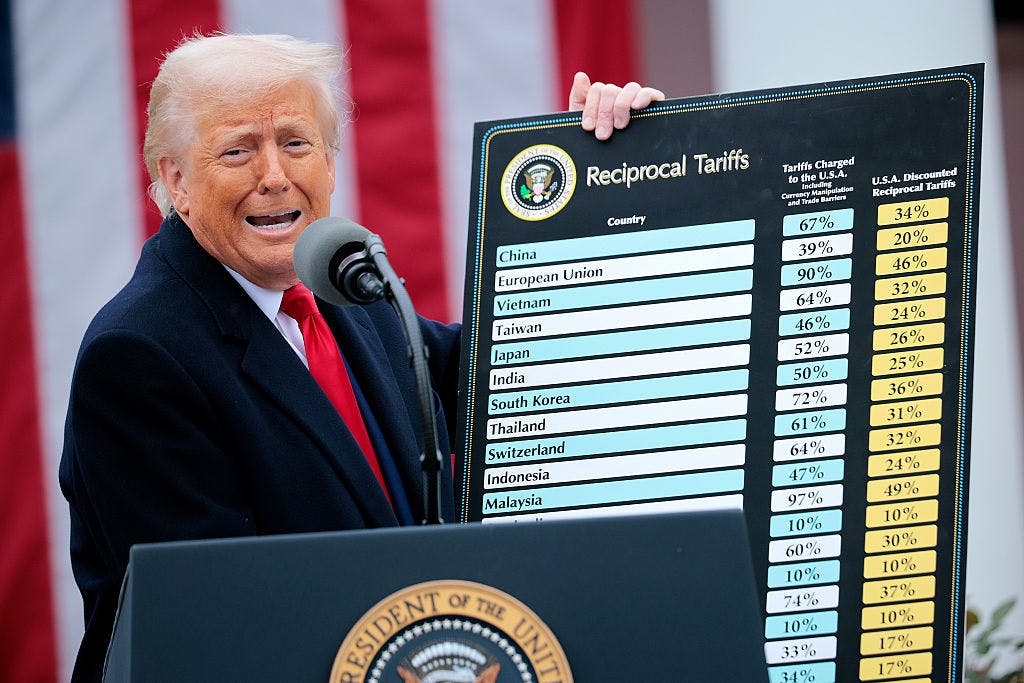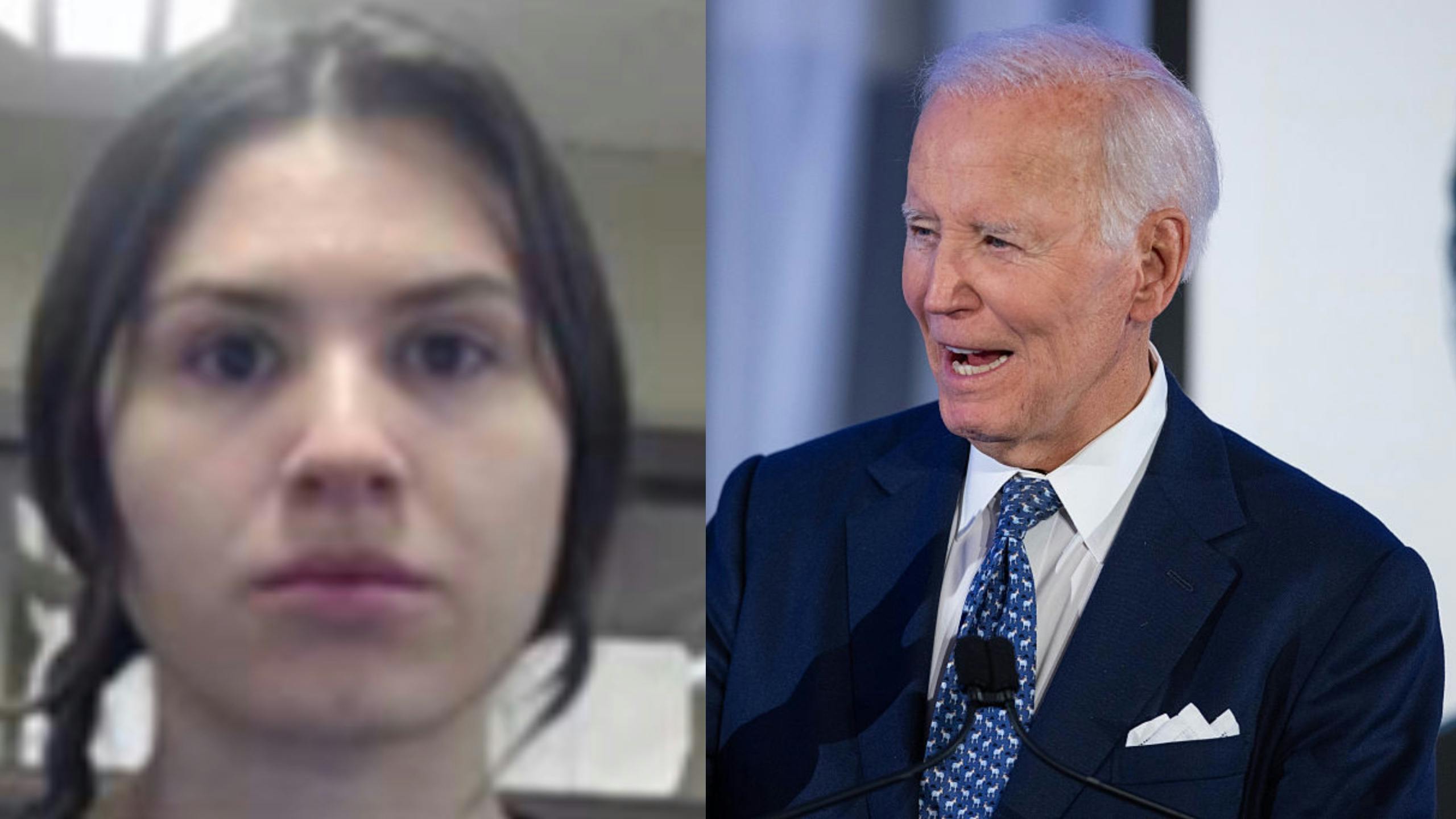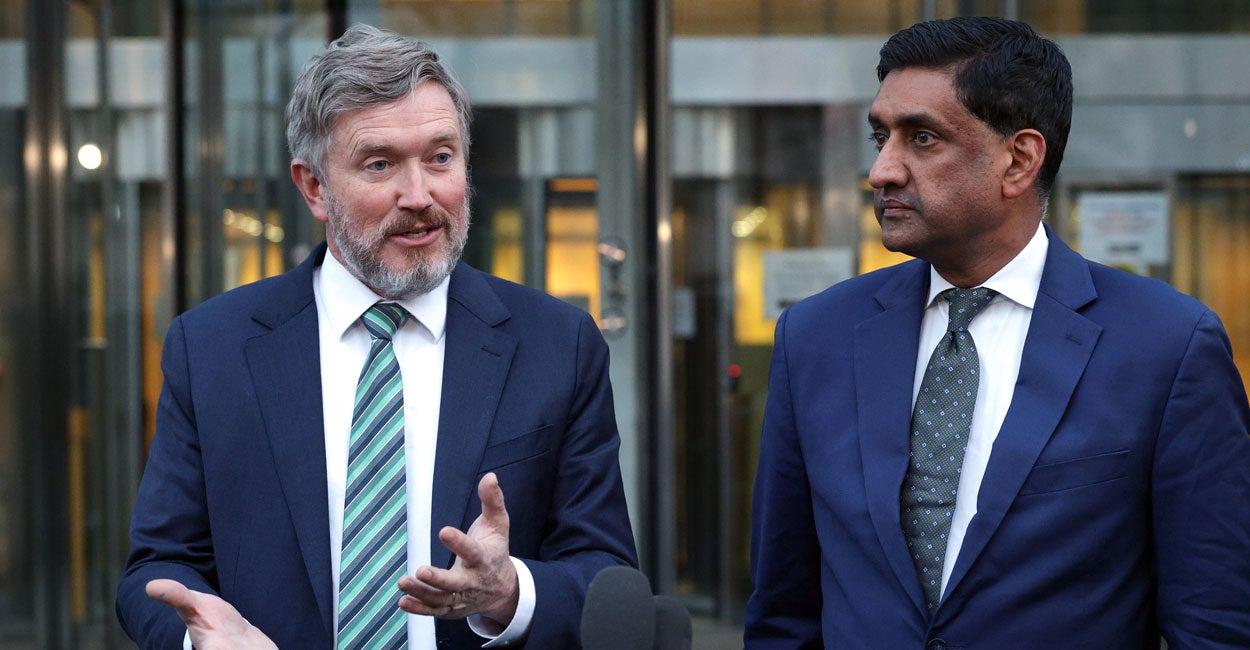EU’s Digital Services Act Is The Biggest Threat To Free Speech Yet, Experts Warn

This week, more than 100 leading free speech experts warned that the Digital Services Act (DSA), a piece of European Union legislation, threatens to impose online censorship across the world. The letter was addressed to the European Commission, the architect of the censorial law.
Live Your Best Retirement
Fun • Funds • Fitness • Freedom
The DSA gives the EU authority to enforce “content moderation” on platforms and search engines with over 45 million monthly users. It is one of the most dangerous censorship regimes of the digital age, enabling bureaucrats to control online speech at scale under the guise of online “safety” and “protecting democracy.”
This, however, is far from just a European issue. Restrictive speech rules made in Brussels are increasingly shaping the global internet, including on platforms used by Americans.
The letter follows the recently expressed concerns of the U.S. Ambassador to the EU, Andrew Puzder, that the DSA threatens to censor American citizens online. As the Ambassador stated, President Trump will not “tolerate a foreign government restricting the First Amendment fundamental free speech, free expression rights of American citizens.”
Ambassador Puzder’s statement came shortly after Google’s startling admission that Europe’s censorship laws target American companies and threaten American speech.
Signatories of this week’s letter to the European Commission, which was coordinated by ADF International, include a former U.S. Senator, a former VP of Yahoo Europe, cross-party members of the European Parliament, award-winning journalist and author Michael Shellenberger, former President of the American Civil Liberties Union Nadine Strossen, and academics, lawyers, and experts from around the globe.
The letter urges the Commission to consult with free speech experts and address their concerns as part of the Commission’s formal review of the DSA, which will occur by November 17.
But how could European legislation affect the First Amendment rights of Americans online?
The DSA and its codes of conduct require online platforms, such as X, YouTube, and Facebook, to address “hate speech” and “disinformation” online. These are vague and subjective terms that lack clear legal definitions and, in practice, are used to justify the censorship of disfavored views.
The definition of “illegal content,” which platforms must remove under the DSA, is any content that breaches EU or any EU member state law. This means the most restrictive anti-free speech laws in any individual EU country — of which there are unfortunately many across Europe — will now be applied across the bloc, introducing a lowest-common-denominator of censorship across the EU.
The shocking case of Finnish parliamentarian Päivi Räsänen gives an example of what this censorship could look like in practice. For nearly seven years, Päivi has been dragged through the courts in her country for alleged “hate speech”, for a Twitter post, in which she peacefully expressed her faith-based views and included a picture of Bible text.
With legal support from ADF International, on October 30, she faces her third trial at the Finnish Supreme Court, despite being unanimously acquitted in two previous trials. Under the DSA, draconian “hate speech” legislation, like that used to prosecute Päivi, could be applied across the EU.

Päivi Räsänen/ Credit: Roni Rekomaa,Roni Rekomaa/AFP via Getty Images.
What has emerged from the DSA is a vast censorship infrastructure with coercive enforcement tools and an opaque network of EU-approved NGOs and “trusted flaggers,” which identify content for removal. If platforms fail to quickly remove flagged content, they face enormous fines — up to 6% of global revenue — and even EU-wide suspension. Individuals can also be suspended from platforms if they “persistently” post “illegal content.”
Although nominally restricted to the European Union, the DSA’s restrictive approach to online speech will be exported across the world, including to the United States. Keep in mind that GDPR exported EU data privacy standards worldwide, and the DSA could do just that for European speech controls. Platforms will be incentivized to adopt a single global content moderation policy, which could now be made to comply with the DSA’s restrictive approach.
French Member of the European Parliament Virginie Joron, a signatory of this week’s letter to the Commission, has added to these concerns of global censorship from the DSA, saying: “The French digital regulator ARCOM told me they believe the DSA allows them to censor any post anywhere in the world using the DSA. That means even an American citizen posting in Alabama could potentially have their online post taken down, even if the publication would be legal in the US”.
These threats put European legislation on a direct collision course with the First Amendment, in what is perhaps the greatest threat to American online free speech today.
Additionally, the House Judiciary Committee of the U.S. Congress has consistently warned that the DSA is coming for American speech. A July report detailed how the DSA is a censorship tool that requires the world’s largest social media platforms to engage in the censorship of core political discourse in Europe, the United States, and around the world.
If the DSA is left unchecked, Brussels could well become the world’s speech police. Let all concerned with the protection of free speech be on alert about the DSA.
The European Commission must urgently engage with the free speech concerns outlined in this week’s letter and act now to ensure that the free speech rights of people across the world are respected on the internet.
* * *
Paul Coleman (@Paul_B_Coleman) is Executive Director of free speech legal advocacy organization ADF International.
The views expressed in this piece are those of the author and do not necessarily represent those of The Daily Wire.
Get 40% off new DailyWire+ annual memberships with code FALL40 at checkout!
Originally Published at Daily Wire, Daily Signal, or The Blaze
What's Your Reaction?
 Like
0
Like
0
 Dislike
0
Dislike
0
 Love
0
Love
0
 Funny
0
Funny
0
 Angry
0
Angry
0
 Sad
0
Sad
0
 Wow
0
Wow
0












































































